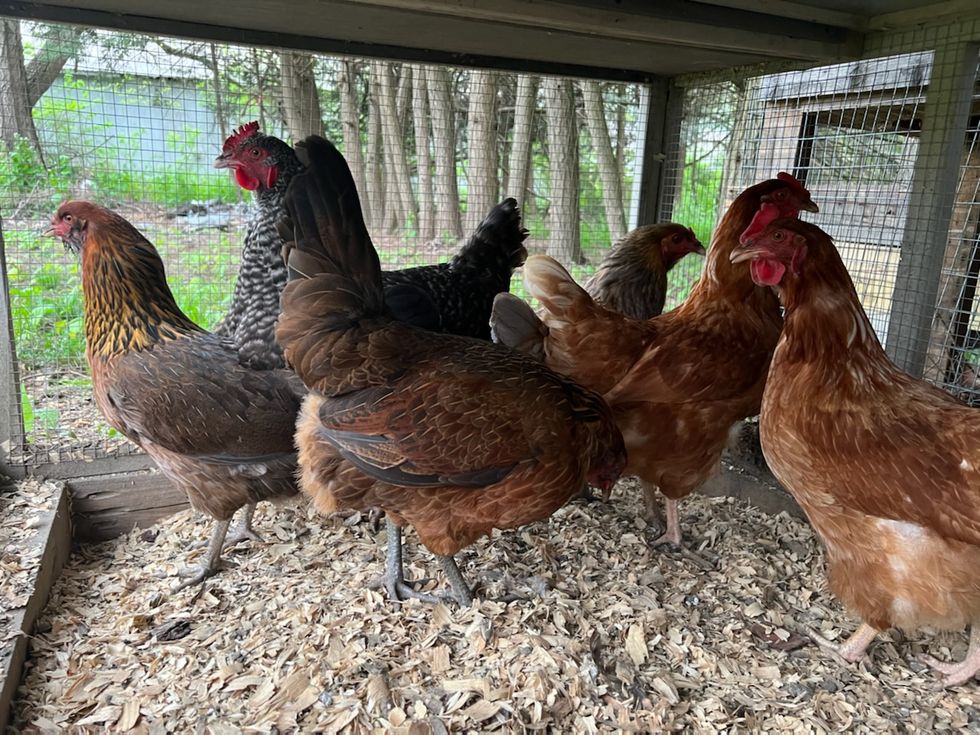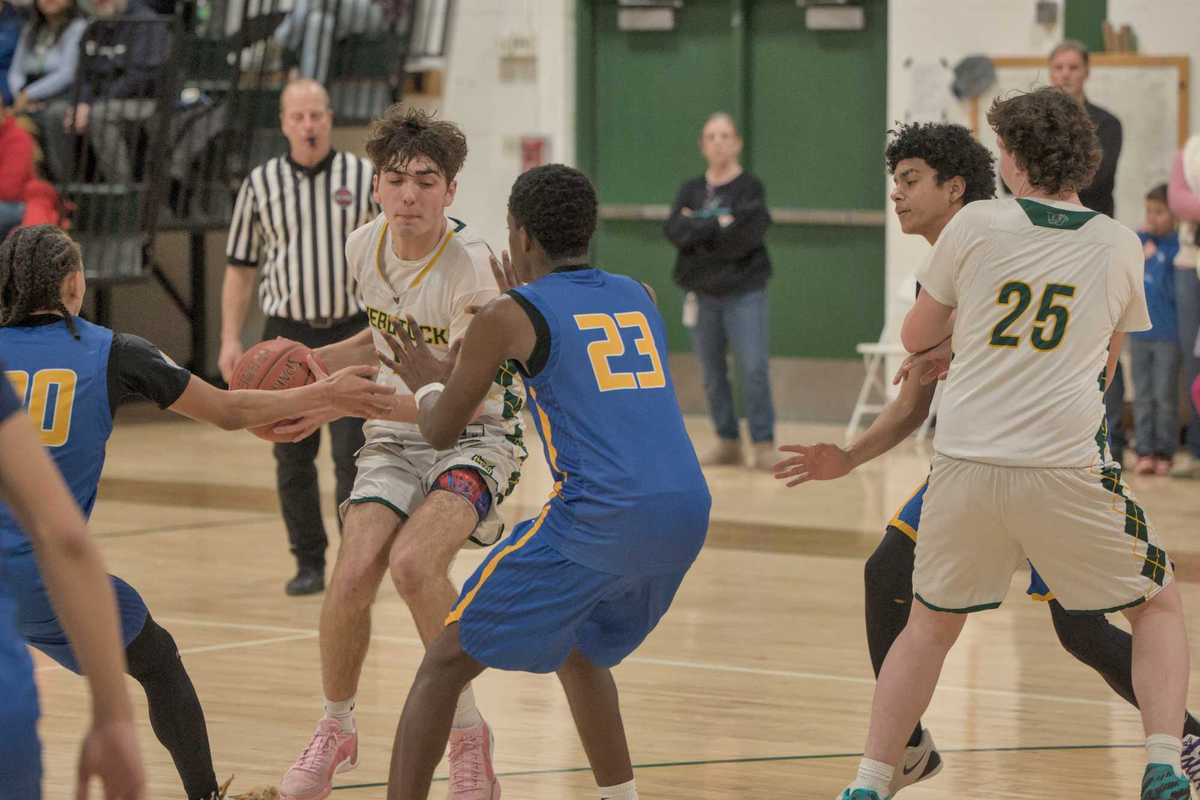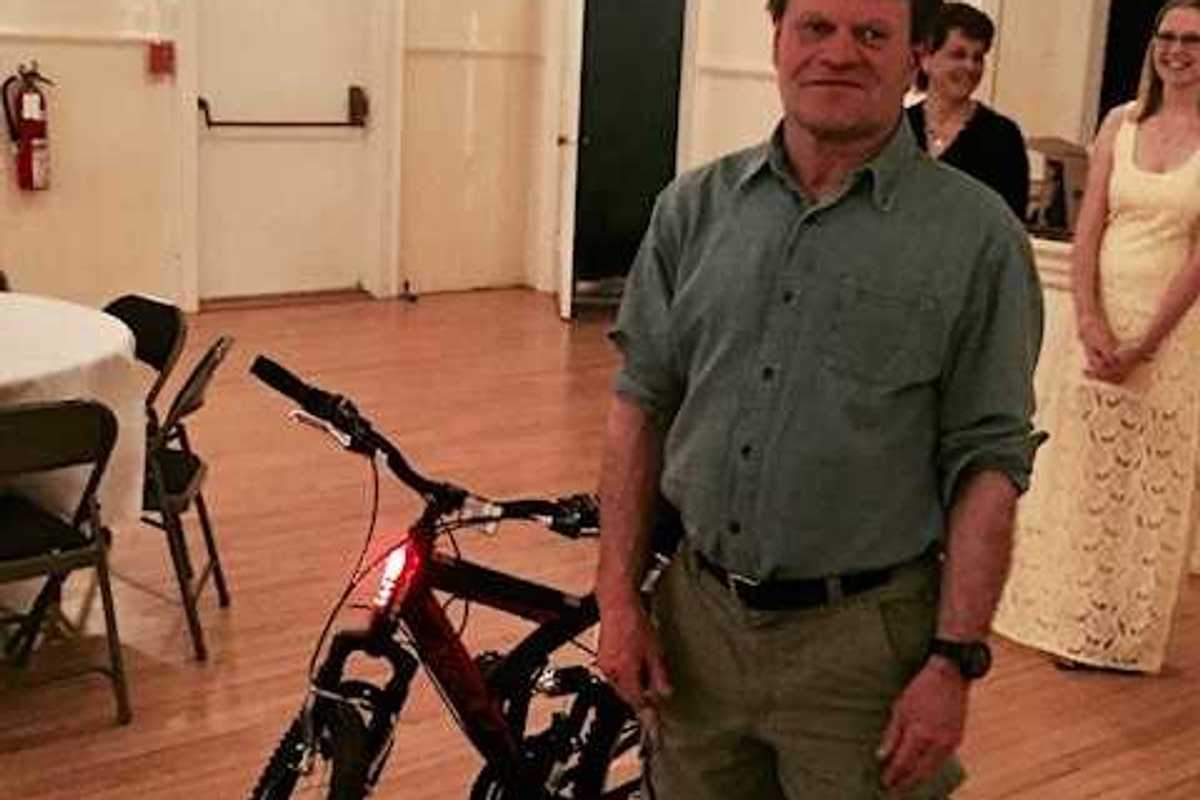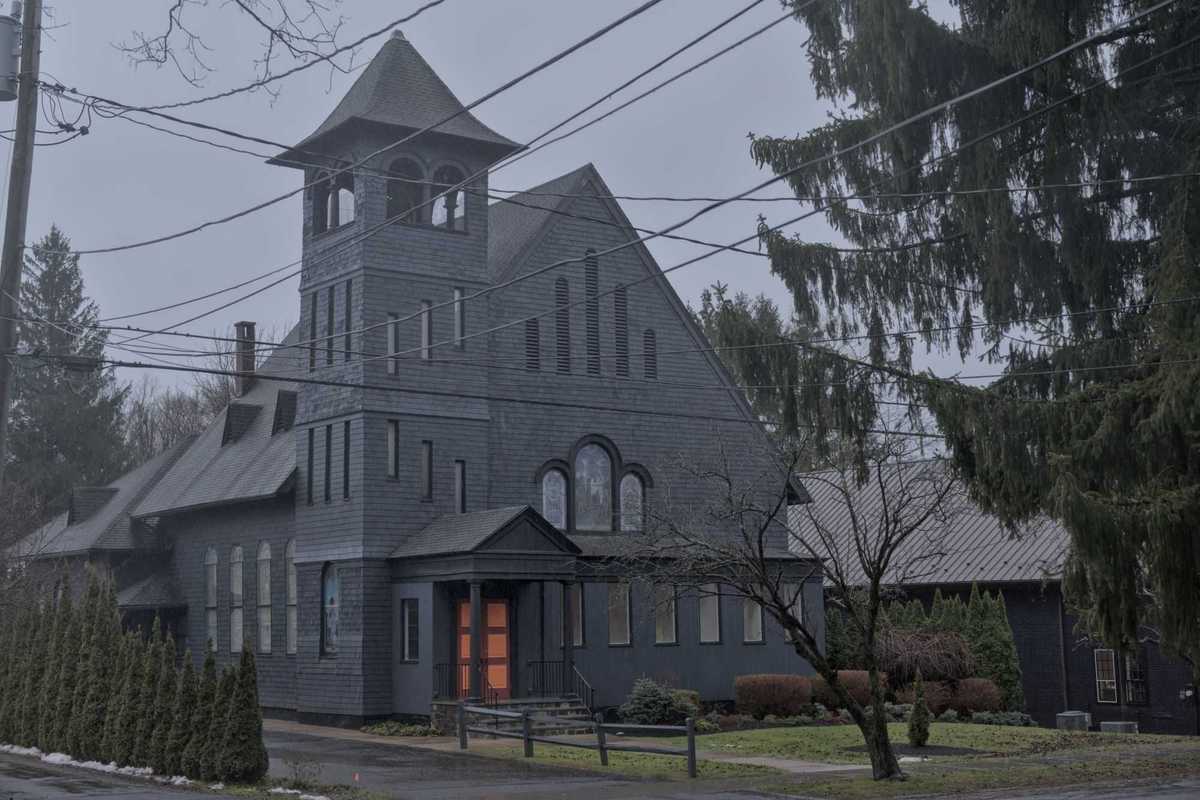Avian flu remains a concern in the Hudson Valley

These chickens are strong and healthy, but their keeper remains on the lookout for the avian flu to make sure the flock remains so and does not catch the highly pathogenic avian flu. Photo submitted

















Public debate on North East’s zoning rewrite to continue March 20
Nathan Miller
MILLERTON — Town Board members voted last week to continue the public hearing on the town’s proposed zoning overhaul, setting a new date of Friday, March 20, at 7 p.m.
The North East Town Board also scheduled a special workshop for Tuesday, March 3, at 5 p.m. to review public comments and concerns raised during February hearings, including calls for clearer explanations of the new code’s intent and requests to expand permitted uses in commercial districts. Board members set those dates at their regular meeting Thursday, Feb. 12, which included a public hearing on the zoning rewrite along with routine department reports.
North East’s 181-page draft zoning code would update much of the town’s existing regulations, with a particular focus on revising standards and approval processes in commercial districts to encourage development and expand housing opportunities. Public comment on the new zoning code during the hearing was brief. Just two people — North East residents Rob Cooper and Kathy Chow — offered comments at the third public hearing on the zoning overhaul since the Town Board opened debate on the draft on Jan. 8.
Cooper requested more permitted uses in the west Boulevard District, but he didn’t specify what additional uses should be included. The Boulevard Districts comprise parcels along Route 44 between the eastern border of the Village of Millerton and the Connecticut state line, and was a central focus of the current re-zoning effort.
Cooper said his property — the historic Mobil gas station on Route 44 across from CVS — is divided by the village border. “It divides the building in half,” Cooper said, explaining that Millerton land use regulations are more permissive than the Town of North East.
“Part of the property is in the village, and I’m allowed to do a tremendous amount of things over there,” Cooper said. “It wouldn’t look too uniform if I did everything on the left side of the property and we couldn’t do anything on the right side.”
Chow suggested the Town Board include purpose statements for each of the altered sections of the code. “Especially the Irondale district,” Chow said. “It’s a very different character than the boulevard and I’d like to see that explained.” She said some narratives explaining the changes and the purpose of the new code would be helpful for residents and developers seeking a deeper understanding of the process and how it benefits the community, echoing North East resident Ed Downey’s comments at a prior hearing.
In other business, Town Clerk Tilly Strauss read a complaint about gunfire noise at the Millerton Gun Club. Millerton resident David Decker submitted the complaint and asked to have it read into the public record, Strauss said.
The newly-formed Communications Committee provided an update following its first-ever meeting.
Councilwomen Rachele Grieco-Cole and Meg Winkler said the committee has set its sights on improving the town’s website, laying out short- and longer-term goals including basic readability and organization on the site’s homepage, revitalizing the town’s FaceBook page, and starting a regular digital newsletter to aid in proactive communication efforts.